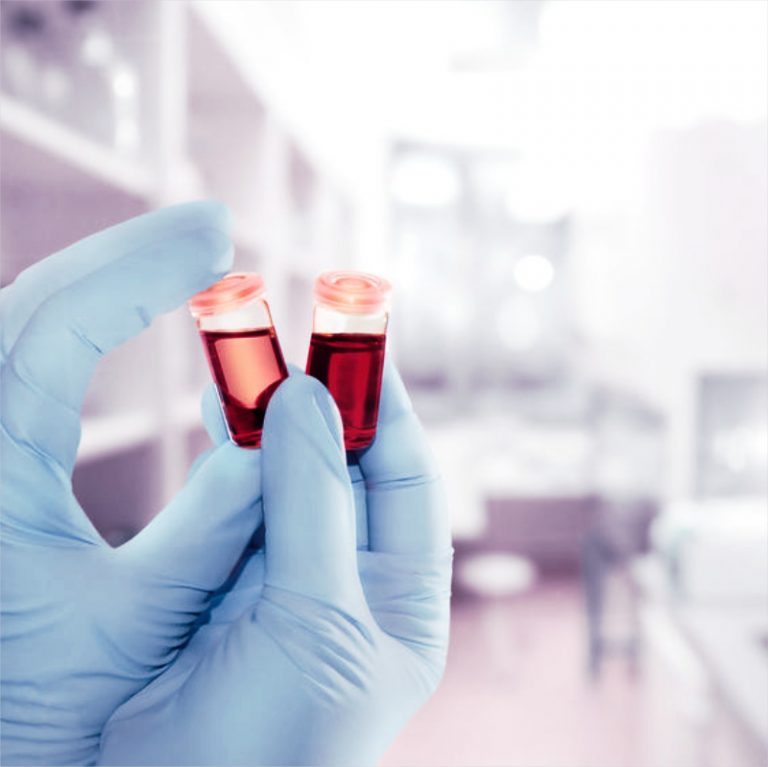Functional lab testing

What is functional lab testing?
Testing for hormonal imbalances and gut health can be a very effective means of establishing your individual health status, to determine specific imbalances and deficiencies in order to develop a focused, personalised health optimisation plan for you.
Through testing, we are able to clearly see your current individual health status and together, establish changes to your diet and lifestyle, sometimes with supplement protocols in order to correct imbalances and restore deficiencies.
I work with a variety of testing companies in the UK, Europe and the US who offer stool and hormone testing, nutrient analysis etc at a detailed level which is not aways available through your GP.
When to use functional lab testing
Testing is not the entry point of the nutritional therapy process. Completion of my questionnaire together with my analysis and interpretation, followed by a consultation would generally take place first and only after this process has been completed is testing considered and discussed with you as an additional option.
From my experience, testing is by no means applicable to every client, or essential for every clinical presentation but it can definitely be invaluable for some clients in order to guide nutritional and lifestyle changes to restore health more quickly. It helps us to track success of what is working and sometimes if only to show clients (who tell me they are not stressed), their stress hormone profile so they will be more compliant with their health plan.

Frequently used functional lab tests
Below are examples of tests that I use frequently for clients
Hormone testing
Comprehensive Thyroid Screen (blood)
This test includes a complete profile of your Thyroid hormones, including TSH, T4, T3, reverseT3 and thyroid anti-bodies. Conventional tests offered by GP’s typically test only TSH and T4 but a complete breakdown is required in order to understand and clinically help your subclinical thyroid symptoms. Symptoms include fatigue, weight gain, hair loss, constipation, headaches, PMT, joint and muscle pain and coldness.
Cortisol awakening & adrenal stress profile (saliva)
This test measures your cortisol and DHEA levels and ratio between the two, which are indicators of your metabolism fats, carborhydrates and proteins, your blood sugar levels and any inflammation. Your DHEA regulates body weight, blood pressure and immune function and is used to make testosterone and estradiol. Too much or too little of cortisol or DHEA can lead to many symptoms such as weight gain, insomnia and fatigue and it is important that they are balanced in order to resolve these symptoms.
Essential Oestrogens (Urine)
Osetrogen imbalance can cause challenging symptoms during the transitional periods of perimenopaus/menopause including weight gain, anxiety, fatigue, hair loss, sleep disturbances and mood instability. This test is a convenient ‘at-home’ collection of a first morning urine sample and provides a comprehensive look at your hormone metabolism in order to provide clinical tools to help you manage the transition more easily as well as assess oestrogen related disease risks.
One day hormone check (saliva)
This test measures your cortisol and DHEA hormone levels (as with the adrenal stress profile above) but in addition provides an overview and insight into your sex hormone levels of oestrogen, testosterone, progesterone and their respective ratios. This test, whilst not as comprehensive as the essential oestrogens, which is used more frequently where there is a need to assess oestrogen related disease risk, but can be used at pre/post menopause to help with symptoms such as weight gain, sleep disturbances, hot flushes, anxiety and brain fog.
Gut Health testing
To quote Hippocrates “All disease begins in the gut”. Symptoms that clients present with in clinic often begin as imbalances in the gut and can cause both gut complaints, such as maldigestion, malabsorption, but also less obvious symptoms, i.e systemic health issues fatigue, weight gain and low energy. Stool tests provide a comprehensive look at the overall health of your gastro-intestinal tract (gut) and provide immediate actionable clinical information to restore health by correcting imbalances and deficiencies.
GI effects (stool)
This test is an advanced stool test for the management of gut health and overall health. It uses advanced technologies to assess digestive function, gut inflammation and the gut microbiome, including testing for the presence of parasites and other pathogenic organisms.
Learn more about stool testing in the video below:
Cortisol awakening & adrenal stress profile (saliva)
This test measures your cortisol and DHEA levels and ratio between the two, which are indicators of your metabolism fats, carborhydrates and proteins, your blood sugar levels and any inflammation. Your DHEA regulates body weight, blood pressure and immune function and is used to make testosterone and estradiol. Too much or too little of cortisol or DHEA can lead to many symptoms such as weight gain, insomnia and fatigue and it is important that they are balanced in order to resolve these symptoms.
Nutritional status tests including food sensitivity
Vitamin D test (blood prick)
This is a convenient at home blood test (only a prick of the finger is required) to determine your vitamin D levels and to assess the need for supplementation. Vitamin D deficiency is common especially in people who are overweight and/or who have a leaky gut and is linked with a number of common conditions I see in clinic including autoimmune hypothyroidism, rheumatoid arthritis, cognitive disorders, immunity and blood sugar control.
NutrEval test (stool test)
This test offers a comprehensive nutritional evaluation to help inform protocols for chronic diseases as well as promoting optimal health and wellness. It’s a bit like an MOT evaluation of your whole body and processes including GI function, energy production, neurotransmitter processing, vitamin and mineral status, amino and fatty acid analysis, anti-oxidant status and homocysteine levels which are linked with cardiovascular health.
Food sensitivity test (Blood prick)
Food sensitivity tests can sometimes be a useful adjunct in clinic to determine sensitivities to an array of foods including the gluten family (wheat, barley and rye), dairy including cow, sheep and goat. These tests can be helpful in restoring gut health (including leaky gut), by removing/restricting foods for 12 weeks before gradually reintroducing them to test whether they are now more easily tolerated. I use a number of different labs for food sensitivity testing which are all convenient, at home, blood prick tests.
Testimonial – Rachel
After a free Discovery Call based on my symptoms of hormone imbalance Angela recommended Dutch and Thyroid testing . She explained the findings to me very clearly and it’s has helped me to identify areas I needed to improve through diet and lifestyle. With her...
Consultations either Face to Face in Chorleywood, Hertfordshire, England or online via Zoom covering the UK
Social



Nutrition 4 change is based in Chorleywood, Hertfordshire, England
Website built and hosted by Able Web Design
